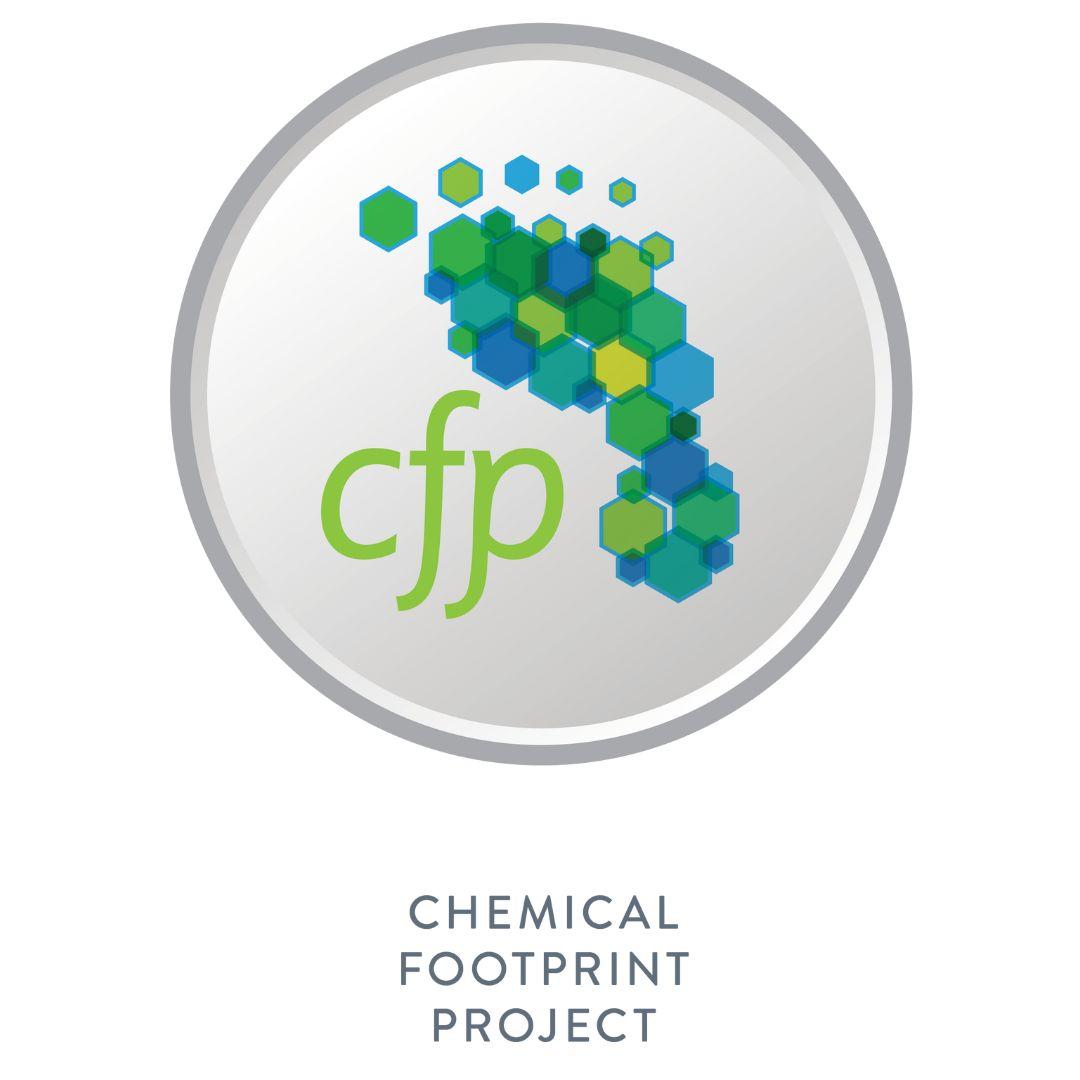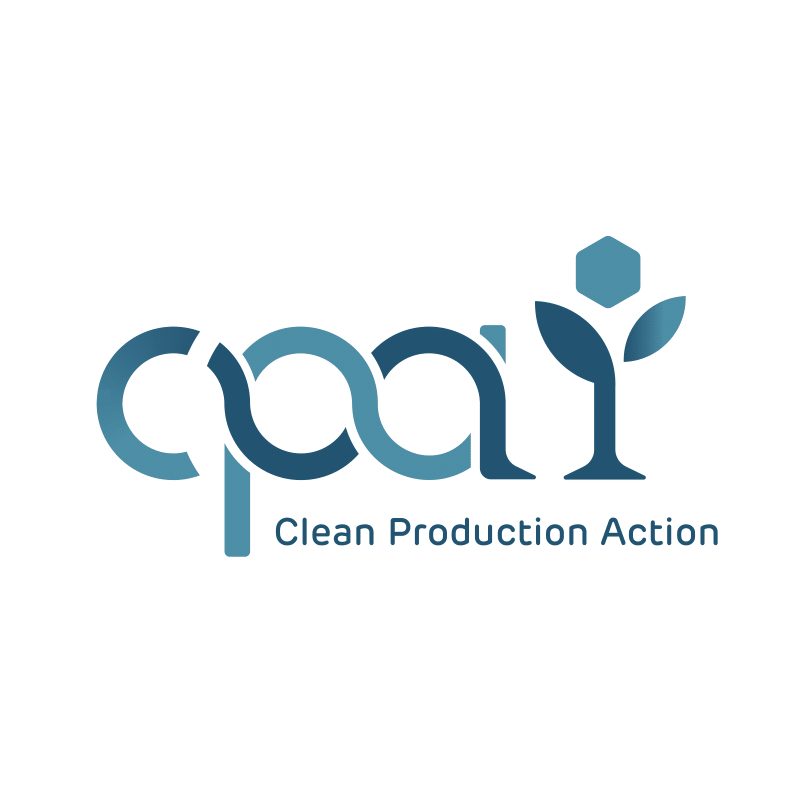Companies With Over $1 Trillion in Annual Revenue Report the Reduction of 83 Million Pounds/38 Million Kilograms of Hazardous Chemicals in the 6th Chemical Footprint Project Report
Their leadership demonstrates progress towards meeting the 2030 United Nations Sustainable Development Goals

SOMERVILLE, Mass., December 2, 2022 /3BL Media/ - Today, Clean Production Action released the 6th Chemical Footprint Project (CFP) Report. The CFP is the first-of-its-kind initiative to measure chemical footprints and assess business progress away from hazardous chemicals to safer solutions. This enterprise is all the more urgent because the use and proliferation of hazardous chemicals in the environment is now one of the three planetary crises confronting humanity along with climate change and biodiversity loss.
"Companies that repeatedly participate in the CFP Survey continue to improve their score and demonstrate they can indeed significantly reduce their use of hazardous chemicals. For that reason we now encourage businesses to set chemical footprint reduction goals of at least 50% by 2030 and zero by 2040,” stated Dr. Mark S. Rossi, Executive Director of Clean Production Action.
A program of Clean Production Action (cofounded by the Lowell Center for Sustainable Production at the University of Massachusetts Lowell, the consultancy Pure Strategies, and Clean Production Action), the CFP creates a clear and common logic for evaluating corporate chemical management performance through indicators set in its annual survey. Embedded in the Survey is the chemical footprint metric, which measures the total mass of chemicals of high concern (CoHCs) used by a company for any part of its value chain. CFP’s Reference List of CoHCs uses 42 authoritative lists of hazardous chemicals to identify over 2,000 chemicals for the footprint metric .
Highlights from the 2021 report include:
-
Companies with over $1 trillion in annual revenue from seven business sectors participated in the 2021 CFP Survey. Over one year, they collectively reported chemical footprint reductions of 83.4 million pounds/37.8 million kilograms.
-
Walmart, one of the world’s largest retailers, surpassed its 10% chemical footprint reduction goal in formulated products by achieving a 17% reduction and encouraged its suppliers to set impactful chemical footprint goals.
-
Reckitt, a major consumer goods company and retailer supplier with brands including Lysol, Woolite, and Calgon, announced it is “aiming for a 65% reduction in our chemical footprint by 2030.”
-
Investors are utilizing CFP Survey as a leadership framework in shareholder resolutions and benchmarking assessments.
-
The US Securities and Exchange Commission’s (SEC) new proxy voting disclosure requirements for institutional investment managers listed “chemical footprint” among the examples for “Environment or climate” reporting requirements.
This year’s CFP Frontrunners are Beautycounter, Case Medical, Herman Miller, HP, Insignem, Naturepedic, and Reckitt. These companies are committed to minimizing their chemical footprints and integrating criteria for safer alternatives into their design and safety processes. “Frontrunners repeatedly participate in the CFP Survey, which confirms the value of the tool as a framework for cultivating leadership and continuous improvement in chemical safety,” added Rossi. “These companies are future-proofing themselves from increasing regulations and consumer demands for safer chemicals.”
The CFP report also recognized companies that overcame the challenges of publicly sharing their chemicals management approaches by disclosing both their Survey responses and score on the CFP website. The ten Disclosure Leaders from the 2021 Survey were Beautycounter, BD, Case Medical, GOJO, Grove Collaborative, Herman Miller, HP, Insignem, Naturepedic, and Walmart.
“Very few companies publicly disclose how they manage chemicals beyond legal requirements, but investors, customers, and governments increasingly ask companies to disclose how they manage chemical risks. In addition, consumers want information about how companies reduce their use of hazardous chemicals,” stated Rossi. “That is why we highlight Disclosure Leaders to support this much-needed trend for increased transparency and acknowledge the efforts these companies are making.”
Download the report at https://www.chemicalfootprint.org
Register for the webinar with HP, Mercy Investment Services, and Walmart on January 27, 2023 at 1:00pm EST https://www.chemicalfootprint.org/news/event/webinar-6th-cfp-survey
###
The Chemical Footprint Project (CFP), a program of Clean Production Action, is the first-of-its-kind initiative to measure chemical footprints and assess corporate progress away from hazardous chemicals to safer alternatives. Now companies can chart and report on their progress in reducing hazardous chemicals to a common framework. Signatories to the Chemical Footprint Project include investors with over $2 trillion in assets under management and purchasers with over $800 billion in procurement power. Together with these supporters we engage brands in assessing and reporting their chemicals management policies, procedures, and practices through the annual CFP Survey. Founded by Clean Production Action, Lowell Center for Sustainable Production at the University of Massachusetts Lowell, and Pure Strategies in 2014, CFP is now a program of Clean Production Action.
Investor Environmental Health Network (IEHN), a program of Clean Production Action, is a leadership network of investors reducing the financial risks of chemical pollution while leveraging the economic value of green chemistry. IEHN recognizes that a company’s brand reputation, public trust, and market share are linked to the environmental and human health risks and safety of its products. Through direct corporate engagement IEHN members advance solutions and strategies like the Chemical Footprint Project to transform business practices.
Clean Production Action’s mission is to design and deliver strategic solutions for green chemicals, sustainable materials, and environmentally preferable products. We are a solutions organization. Our tools, GreenScreen® for Safer Chemicals and Chemical Footprint Project, simplify the complexity of substituting chemicals of concern to human health and the environment with green chemistry solutions. Our collaborations, BizNGO and Investor Environmental Health Network, provide effective platforms for practitioners and thought leaders to work together in advancing chemicals, materials, products, and systems that are healthy for people and the planet. Together our tools and collaborations are transforming the toxic chemical economy into one that is healthy for people and the planet.

